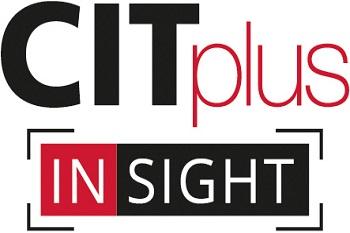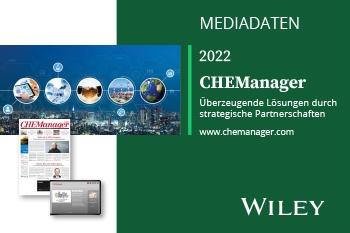UK Said Cutting Costs for Expensive Drugs
30.01.2017 -
About 20% of all new drugs will be rationed under tighter cost-cutting plans in the UK’s National Service (NHS), according to reports, which suggest that patients who suffer from cancer, diabetes or asthma could face longer delays for medications, even where physicians say they are cost effective.
Some drugmakers are said to be reluctant to launch drugs early in the UK market, saying they may not reach the targeted patients if the NHS continues to balk and at the same time put the country behind the rest of Europe in offering cutting-edge therapies and more people would die while waiting for medicines.
Under current legislation, UK patients have the right to be treated with drugs ruled cost effective by the National Institute for Health and Care Excellence (NICE), with treatments costing less than an estimated £30,000 for a year of good quality life usually approved.
Plans are now said to be afoot to place stricter rules on affordability where NHS budgets are under exceptional pressure. For example, from April the NHS in England will be able to delay making drugs available or restrict who is eligible for treatment if the total cost to the health service is more than £20 million a year.
An analysis by NICE and the pharmaceutical industry quoted by the London newspaper The Times is said to shows that 20% of newly approved drugs —about 12 per year — could fall into that category.
Figures attributed to NHS England say that the drugs affected by the new measure cost about £400 million a year compared with £125 million for new drugs below the threshold. Limiting who can receive new drugs could avoid the need to cut other services to pay for them, the newspaper said.
Richard Torbett, of the Association of the British Pharmaceutical Industry, has estimated that many patients may face delays of up to four years in getting common drugs for primary care drugs in an effort to keep the annual cost to £200 million. He said drugmakers are willing to negotiate phased introduction of medicines that would cost more than £100 million a year.
According to The Times, treatments potentially under threat include a prostate cancer treatment costing £43 million a year, a cardiovascular drug costing £52 million a year, a drug prescribed for diabetes-related vision loss costing £22 million a year, and a skin cancer treatment costing around £48 million a year.












